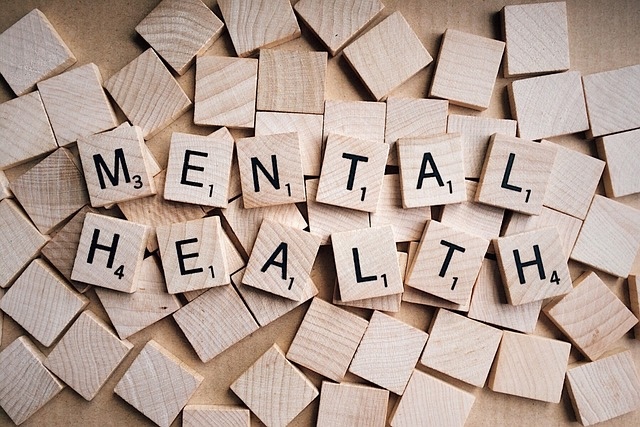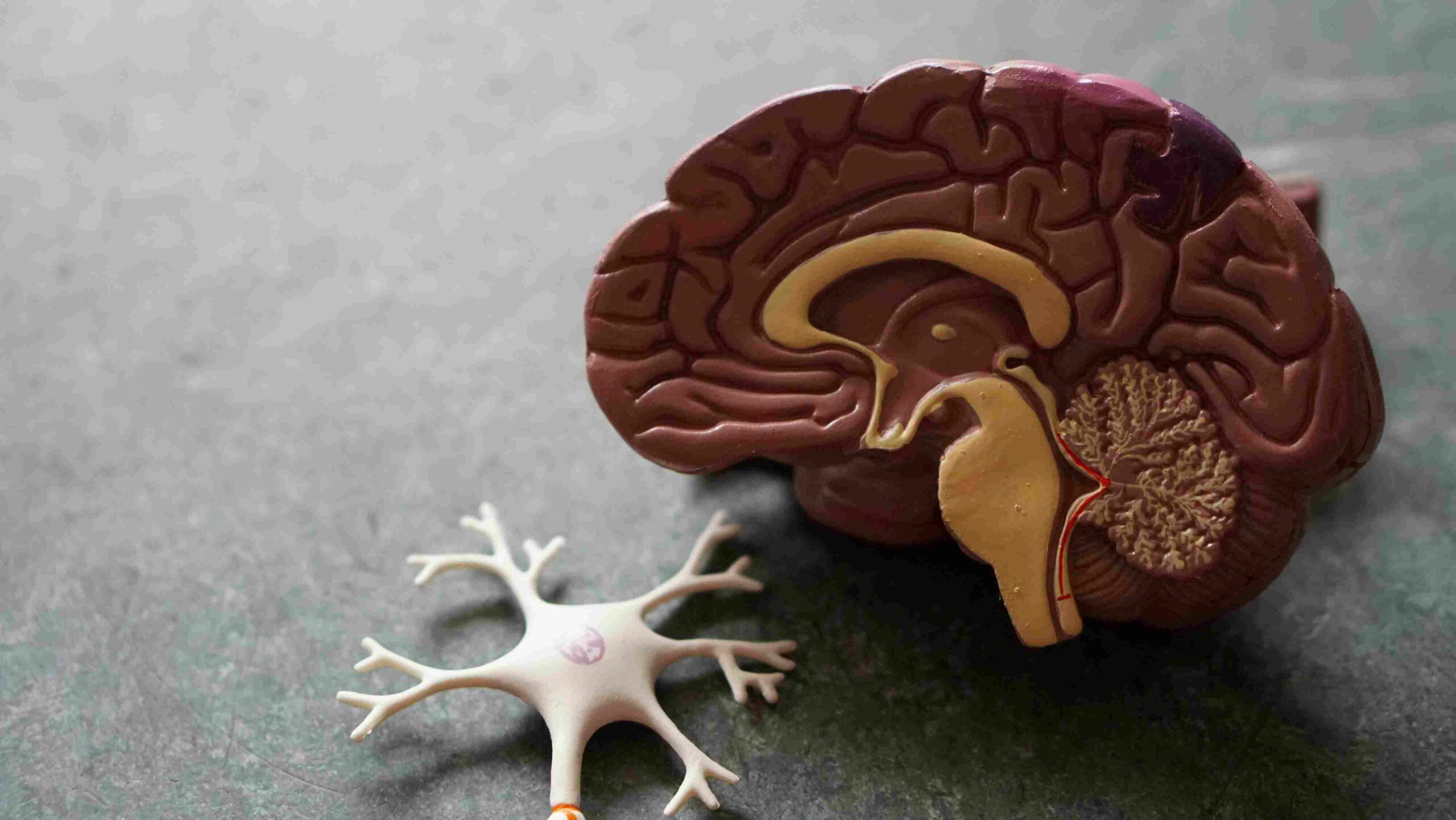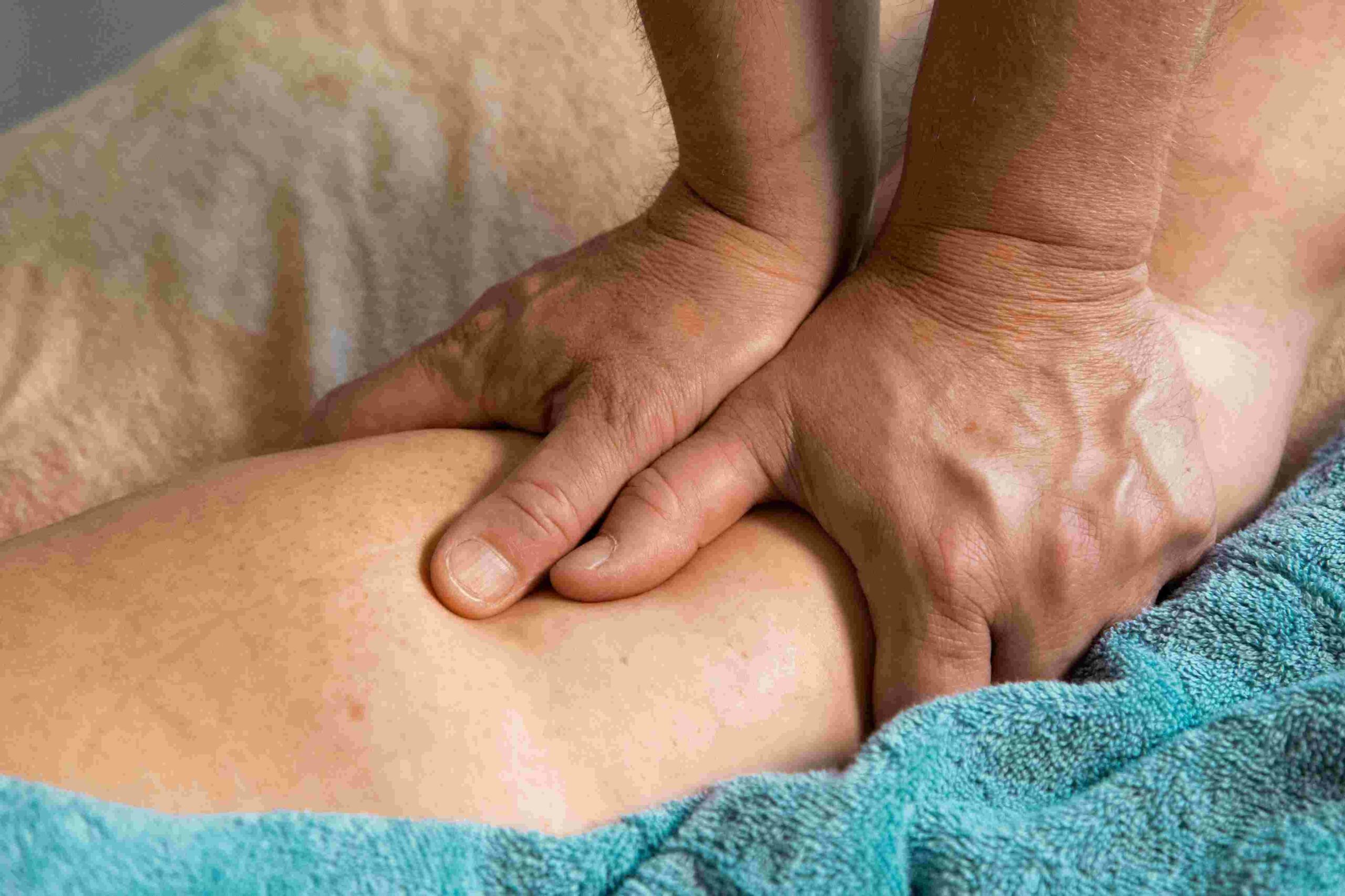
In today’s fast-paced world, where stress and health issues are becoming increasingly common, the concept of holistic health is gaining momentum. Holistic health is a comprehensive approach to wellness that considers the whole person—mind, body, and spirit—in the pursuit of optimal health and well-being. This approach goes beyond just treating symptoms; it focuses on identifying and addressing the root causes of health issues, promoting a balanced and harmonious life.
This article delves into the principles of holistic health, its benefits, and the impact it can have on your overall well-being. A guide to embracing holistic health in your daily life.
What is Holistic Health?
Holistic health is a philosophy that recognizes the interconnection between the physical, mental, emotional, and spiritual aspects of a person. Rather than focusing solely on disease and symptoms, holistic health emphasizes the importance of maintaining balance and harmony within all areas of life. This approach believes that true health is not just the absence of illness, but a state of complete physical, mental, and social well-being.
The Principles of Holistic Health
Holistic health is founded on several core principles:
Whole-Person Care:
Holistic health treats the individual as a whole, considering all aspects of their being—physical, mental, emotional, and spiritual.
Balance:
Health is achieved by maintaining a balance between different aspects of life. This includes balancing work and leisure, diet and exercise, and maintaining mental and emotional equilibrium.
Prevention and Wellness:
Holistic health emphasizes the importance of preventive care and lifestyle choices that promote long-term health and well-being.
Natural and Integrative Therapies:
Holistic health often incorporates natural therapies, such as herbal medicine, acupuncture, and yoga, alongside conventional medical treatments.
Patient Empowerment:
Holistic health encourages individuals to take an active role in their own health care, empowering them with knowledge and choices to improve their well-being.
The Benefits of Embracing Holistic Health
Adopting a holistic approach to health offers numerous benefits, including:
Improved Physical Health:
Holistic health promotes practices that enhance physical well-being, such as balanced nutrition, regular exercise, and adequate sleep. By addressing the root causes of health issues, holistic practices can lead to better management of chronic conditions and overall physical health.
Enhanced Mental Clarity and Emotional Stability:
Mental and emotional health are key components of holistic health. Practices like meditation, mindfulness, and counseling help manage stress, anxiety, and depression, leading to improved mental clarity and emotional stability.
Stronger Immune System:
A balanced lifestyle that includes proper nutrition, regular physical activity, and stress management strengthens the immune system, making the body more resilient to illnesses.
Increased Energy Levels:
Holistic health practices, such as regular physical activity, proper nutrition, and adequate rest, contribute to increased energy levels, allowing individuals to lead more active and fulfilling lives.
Greater Life Satisfaction:
By promoting a balance between all aspects of life, holistic health leads to greater overall satisfaction and a sense of purpose. It encourages personal growth and a deeper connection to oneself and the world.

How to Embrace Holistic Health in Your Life
Embracing holistic health involves making conscious lifestyle choices that support the well-being of your mind, body, and spirit. Here are some practical steps to integrate holistic health into your daily life:
1. Prioritize Nutrition
Nutrition is a cornerstone of holistic health. Eating a balanced diet rich in whole foods, such as fruits, vegetables, whole grains, lean proteins, and healthy fats, provides the essential nutrients your body needs to function optimally. Consider incorporating the following into your diet:
Organic and Whole Foods:
Opt for organic produce and whole foods that are free from pesticides, additives, and artificial preservatives.
Plant-Based Diet:
Embrace a plant-based diet rich in fiber, antioxidants, and phytonutrients, which are essential for preventing chronic diseases.
Mindful Eating:
Practice mindful eating by paying attention to your body’s hunger and satiety cues. Eat slowly and savor each bite, focusing on the flavors and textures of your food.
2. Engage in Regular Physical Activity
Physical activity is vital for maintaining a healthy body and mind. Regular exercise helps to manage weight, improve cardiovascular health, and boost mental well-being. Here are some tips to incorporate physical activity into your routine:
Variety of Exercises:
Incorporate a variety of exercises, including cardio, strength training, flexibility, and balance exercises, to ensure a well-rounded fitness routine.
Mind-Body Practices:
Explore mind-body practices such as yoga, tai chi, and Pilates, which combine physical movement with mental focus, promoting both physical and mental health.
Consistency:
Aim for at least 150 minutes of moderate-intensity exercise per week, and find activities you enjoy to make exercise a regular part of your life.
3. Foster Mental and Emotional Health
Mental and emotional well-being are integral to holistic health. Managing stress, cultivating positive relationships, and developing a healthy mindset are crucial for overall wellness. Consider the following strategies:
Mindfulness and Meditation:
Practice mindfulness and meditation to reduce stress, increase self-awareness, and enhance emotional regulation.
Emotional Expression:
Allow yourself to express emotions in healthy ways, such as through journaling, talking with a trusted friend or therapist, or engaging in creative activities.
Positive Relationships:
Cultivate positive relationships that provide support, love, and understanding. Surround yourself with people who uplift and encourage you.
4. Nurture Spiritual Health
Spiritual health is about finding meaning and purpose in life. Whether through religious practices, meditation, or connecting with nature, nurturing your spiritual health is an essential aspect of holistic well-being. Here’s how you can nurture your spiritual health:
Reflective Practices:
Engage in reflective practices such as meditation, prayer, or journaling, which help you connect with your inner self and find clarity.
Connection with Nature:
Spend time in nature to reconnect with the natural world and find peace and tranquility. Nature walks, gardening, or simply sitting outdoors can be restorative.
Purposeful Living:
Identify your core values and align your actions with them. Living with purpose and intention brings a deeper sense of fulfillment and spiritual well-being.
5. Prioritize Sleep and Rest
Adequate sleep and rest are crucial for overall health. Sleep is the body’s time to repair and rejuvenate, and insufficient sleep can lead to a host of health issues. Prioritize sleep by:
Establishing a Sleep Routine:
Create a consistent sleep routine by going to bed and waking up at the same time each day, even on weekends.
Creating a Sleep-Friendly Environment:
Ensure your sleep environment is conducive to rest by keeping your bedroom cool, dark, and quiet. Invest in a comfortable mattress and pillows.
Relaxation Techniques:
Practice relaxation techniques before bed, such as deep breathing, reading, or taking a warm bath, to unwind and prepare for restful sleep.
6. Use Natural and Integrative Therapies
Holistic health often incorporates natural and integrative therapies that complement traditional medical treatments. Some popular holistic therapies include:
Acupuncture:
This ancient Chinese practice involves inserting thin needles into specific points on the body to balance energy flow and promote healing.
Herbal Medicine:
The use of herbs and natural supplements to support health and treat various ailments is a common practice in holistic health.
Massage Therapy:
Massage therapy can help reduce stress, relieve muscle tension, and promote relaxation and overall well-being.
7. Empower Yourself with Knowledge
One of the key principles of holistic health is taking an active role in your own health care. Empower yourself with knowledge by:
Educating Yourself:
Learn about nutrition, exercise, mental health, and natural therapies. Stay informed about the latest research and health trends.
Seeking Professional Guidance:
Work with healthcare professionals who align with the holistic health philosophy and can guide you in making informed decisions about your health.
Listening to Your Body:
Pay attention to your body’s signals and respond to its needs. If something doesn’t feel right, take action and seek the appropriate care.

The Role of Mind-Body Connection in Holistic Health
The mind-body connection is a central concept in holistic health. It emphasizes the interplay between mental and physical health, recognizing that thoughts, emotions, and attitudes can have a profound impact on physical well-being. Here’s how you can strengthen the mind-body connection:
Mindfulness Practices:
Engage in mindfulness practices that bring awareness to the present moment, helping you stay connected with your body and mind.
Positive Thinking:
Cultivate a positive mindset by focusing on gratitude, affirmations, and self-compassion. Positive thinking can enhance emotional well-being and reduce stress.
Body Awareness:
Practice body awareness through activities like yoga or tai chi, which encourage you to listen to your body and respond to its needs.
Holistic Health and Preventive Care
Preventive care is a cornerstone of holistic health. By adopting a preventive approach, you can address potential health issues before they develop into serious conditions. Here are some preventive care strategies:
Regular Health Check-Ups:
Schedule regular check-ups with your healthcare provider to monitor your health and catch any issues early.
Healthy Lifestyle Choices:
Make lifestyle choices that support long-term health, such as eating a balanced diet, exercising regularly, and avoiding harmful habits like smoking and excessive alcohol consumption.
Stress Management:
Chronic stress can lead to a variety of health issues. Practice stress management techniques like meditation, deep breathing, and time management to reduce stress and its impact on your health.

Holistic Health and Environmental Awareness
Clean Environment
A clean environment plays a crucial role in holistic health and is an integral part of a holistic approach to well-being. Environmental factors can directly impact our health, making it essential to keep our living spaces free of toxins and pollutants.
Avoiding Toxins:
The products we use in our homes and surroundings often contain chemicals that can lead to health problems over time. Choosing eco-friendly cleaning products and natural materials can minimize exposure to harmful substances. Regular ventilation and the use of air purifiers can help improve indoor air quality.
Using Eco-Friendly Products:
Opting for sustainable and eco-friendly products benefits both personal health and the environment. Alternatives to plastics, energy-efficient appliances, and organic products can reduce environmental impact. Such choices not only lower health risks but also support ecological balance.
Adopting Sustainable Lifestyles:
Embracing sustainable lifestyles is important for both individual health and environmental sustainability. Energy and water-saving practices, recycling, and waste management can reduce negative environmental effects. Additionally, consuming local and organic foods enhances food safety while decreasing environmental impacts.
Connecting with Nature
Spending time in nature can have profound benefits for both mental and physical health. The tranquility and peace offered by natural environments can aid in stress management and overall well-being.
Nature Walks:
Walking in natural settings is an excellent way to combine physical activity with mental rejuvenation. Being in green spaces lowers blood pressure, reduces heart disease risk, and enhances energy levels. Nature walks can also improve mental clarity and alleviate symptoms of depression and anxiety.
Gardening:
Gardening offers both physical and mental health benefits. Interacting with soil and plants can reduce stress and improve mood. Growing your own vegetables and fruits also promotes healthy eating habits and self-sufficiency.
Spending Time in Natural Settings:
Time spent in natural environments fosters a deeper connection with nature and can enhance overall health. Activities such as forest walks, lakeside visits, or seaside excursions provide mental relaxation and physical rejuvenation.

Holistic Health and Psychological Treatment Methods
When combined with traditional psychological treatment methods, holistic health can offer a more comprehensive approach to healing. Exploring how psychological therapies can integrate with holistic health perspectives is valuable.
Holistic Psychotherapy
Cognitive Behavioral Therapy (CBT):
CBT focuses on changing negative thought patterns and behaviors. By integrating holistic health principles, CBT can enhance emotional well-being and support stress management.
Schema Therapy:
Schema therapy addresses deep-seated beliefs and emotional schemas developed throughout a person’s life. This therapy can play a significant role in personal growth and overcoming barriers to well-being from a holistic health perspective.
Other Approaches:
Holistic health approaches may also include mindfulness-based therapies and Acceptance and Commitment Therapy (ACT). These therapies help individuals develop stress-coping skills and enhance overall well-being.
Art and Music Therapy
Art Therapy:
Art therapy supports emotional expression and healing through creative activities such as painting and sculpting. It can be an effective tool in enhancing emotional well-being and self-expression from a holistic health perspective.
Music Therapy:
Music therapy utilizes the therapeutic effects of music to support emotional and psychological healing. Listening to music, singing, or playing instruments can reduce stress and anxiety levels, while enhancing self-expression and social connections.
Holistic Health in Crisis and Crisis Management
Applying holistic health approaches in crisis situations can be crucial for maintaining both mental and physical well-being. Developing effective strategies for crisis management and recovery is important for overall health.
Crisis Management Strategies
Stress Management:
Techniques for managing stress in crisis situations include deep breathing, meditation, and relaxation exercises. Seeking social support and professional help can also mitigate the effects of stress during crises.
Crisis Management Techniques:
Effective crisis management involves analyzing situations, focusing on problem-solving, and maintaining calmness. Developing emergency plans and support systems can enhance safety and health during crises.
Support Resources:
Seeking support during crises can accelerate recovery. Resources such as psychological counseling, support groups, and crisis helplines offer valuable assistance for managing crises and restoring well-being.
Post-Crisis Recovery
Recovery Processes:
Post-crisis recovery is essential for both physical and mental health. Strategies for recovery include taking time for self-care, seeking support, and adopting positive habits. These steps help individuals regain stability and improve overall health.
Support Systems:
Support systems play a vital role in the recovery process. Family, friends, and professional counselors provide emotional and practical support during recovery. Community support and rehabilitation services can also alleviate the effects of crises and support long-term recovery.
Holistic Approaches:
Holistic health approaches support recovery by integrating physical exercise, healthy eating, emotional support, and social connections. These approaches contribute to overall health and enhance the recovery process.

Conclusion
Holistic health represents a comprehensive approach that balances the interaction between body, mind, and environment. Considering health from a holistic perspective, including environmental factors, psychological treatment methods, and crisis management, can significantly enhance our quality of life. Clean environments, connecting with nature, holistic therapy methods, and crisis management are elements that positively impact overall health and well-being. Addressing your health holistically can support both physical and mental well-being, contributing to a more balanced and fulfilling life.
Subscribe to our newsletter, follow us on social media to let us know how you’re working towards a balanced life!
The Connection Between Psychology and Nutrition
Introduction The connection between psychology...
Physiotherapy and Nutrition in Musculoskeletal Diseases
Physiotherapy plays a critical role in managing...
Small Intestinal Bacterial Overgrowth (SIBO)
Introduction Small Intestinal Bacterial...
Why the Gut is Called the “Second Brain”
The human gut is often referred to as the...
Autoimmune Diseases
Autoimmune diseases occur when the immune...
Infertility and the Role of Nutrition
Infertility is a growing concern for many...
Nutrition with PCOS
Introduction Polycystic Ovary Syndrome...
Understanding Endometriosis
Endometriosis is a chronic condition where...
Lipedema
What is Lipedema? Lipedema is a chronic medical...










